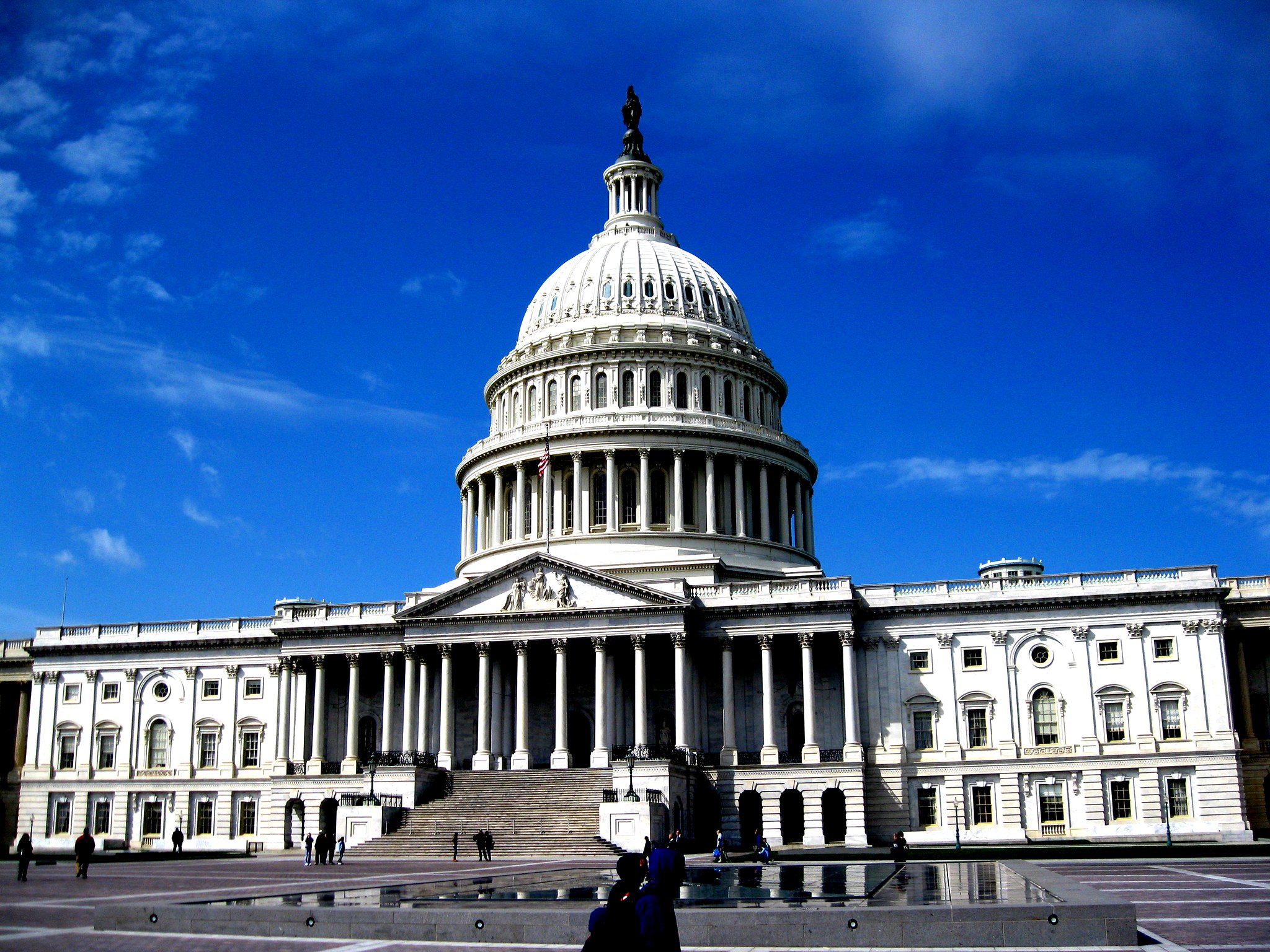An historic House of Representatives vote on a federal marijuana legalization bill, orginally slated for this month, has been pushed back until sometime after the November 3 election. Among many factors, moderate House Democrats facing tight election contests fear that holding the vote now could be politically damaging, analysts say—even though legalization enjoys wide bipartisan support among voters. The last-minute delay is a lost opportunity at a time of unprecedented racial justice reckonings.
The brief story began on August 28, when a leaked email from high-ranking Democratic House Whip Rep. James Clyburn (SC) announced that the House would vote in September on the MORE Act. This bill passed the House Judiciary committee late last year. It would legalize marijuana federally, removing it from the Controlled Substances Act. It also includes social and racial justice measures to expunge marijuana convictions and reinvest cannabis tax money into communities harmed by the War on Drugs.
In the three weeks following Clyburn’s announcement, 26 additional House members came on board to co-sponsor the bill, bringing the total to 113. That’s more than a quarter of all House seats. Notably, the bill’s primary Senate sponsor is vice presidential candidate Kamala Harris (D-CA). The Republican-controlled Senate would present a much more formidable obstacle than the Democrat-controlled House. But simply by holding a first-ever floor vote on legalization, the House was about to make history.
That hope was quickly extinguished. On September 17, House Majority Leader Steny Hoyer (D-MD) announced that the House will no longer be voting on the MORE Act in the immediate future.
“Right now, the House is focused relentlessly on securing agreement to stave off a damaging government shutdown and continuing to do its job addressing the COVID-19 pandemic,” he said. “Later this autumn, the House will pass the MORE Act with strong support as yet another crucial step toward making our justice system fair for all Americans.” That vote is expected to come only after the November election.
The explanation that the House is too busy negotiating a plan to fund the federal government and a new coronavirus relief bill to turn to the MORE Act doesn’t convince drug policy reform advocates.
“We do not believe this justifies a delay,” Maritza Perez, director of the Drug Policy Alliance’s* Office of National Affairs, told Filter. “Congress is responsible for juggling multiple bills at a time. It is shameful that the one bill they chose to single out for delay is a racial justice bill, particularly at a time when systemic racism has been at the forefront of a national dialogue on policing in this country.”
Congress must meet a September 30 deadline to pass a spending plan to avoid a government shutdown. House Democrats released such a bill on September 21, though Senate Republicans have blasted it. Congress is also engaged in a months-long battle over a new COVID-19 relief package, and Senate Leader Mitch McConnell (R-KY) has predictably seized the opportunity to attack Democrats over the MORE Act vote.
“Speaker Pelosi Won’t Make Time For More COVID Relief, But Apparently She Will, Again, Make Time For Marijuana,” reads a talking-points document from McConnell’s office. Of course, House Democrats already passed the HEROES Act—a $3 trillion follow-up package to the March CARES Act—so the contention that Democrats have not prioritized COVID-19 relief over marijuana legalization is false. Senate Democrats recently blocked the Republican Senate’s own $500 billion aid package, arguing that the GOP made no effort to work with Democrats in crafting it, and efforts to secure new legislation continue.
A related factor among House Democrats is the perceived political risk—especially for vulnerable members in swing districts—of pursuing marijuana legalization right now. Politico reports that moderate Democrats running for re-election in Virginia, New York and Georgia are concerned that Republicans will attack them for supporting “defund the police”—despite the fact the MORE Act does no such thing.
Political squeamishness is especially heightened in the toxic climate of this election, where Democrats are looking to keep control over the House and take back the Senate and White House. The death of Supreme Court Justice Ruth Bader Ginsburg, bringing a new battle over President Trump’s nomination to replace her, has added to the volatility.
But Perez doesn’t buy this rationale either. “Rather, Congress should realize that marijuana legalization enjoys popularity among voters and can motivate them to come to the polls this election cycle,” she said.
The contours of this debate, with proponents of political caution pushing back, recall the unsuccessful recent battle to add marijuana legalization to the Democratic Party’s 2020 platform. It remains a bizarre reality that when eight in 10 Democratic voters support marijuana legalization, the Democratic National Committee does not.
The fight for federal marijuana legalization, then, will continue after the election. “We will continue to build broad, bipartisan support for the MORE Act,” Perez said. “This vote will pass when it comes to the House floor.”
*The Drug Policy Alliance has previously provided a restricted grant to The Influence Foundation, which operates Filter, to support a Drug War Journalism Diversity Fellowship.
Photo from Flickr/Creative Commons 2.0.





Show Comments